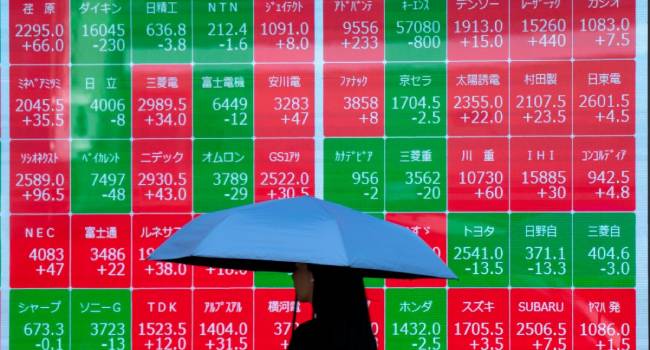A dramatic rescue operation unfolded in the Pacific Ocean off the coast of Alaska after a cargo vessel carrying over 3,000 electric and hybrid vehicles from China to Mexico caught fire. The Morning Midas, a Liberian-flagged and UK-managed ship, sent out a distress call on Tuesday afternoon, prompting a swift response from the Alaska Coast Guard. Thankfully, all 22 crew members were evacuated safely aboard a lifeboat and rescued by a nearby merchant vessel.
The incident occurred approximately 300 miles southwest of Adak Island, with the US authorities estimating that 70 fully electric and 681 hybrid vehicles were on board the Morning Midas at the time of the fire. The Coast Guard quickly sprang into action, requesting assistance from three nearby merchant vessels and dispatching several of its own ships and aircraft to the site. In addition to its cargo, the ship was also carrying around 1,900 metric tons of fuel, which posed a significant risk.
According to Petty Officer First Class Shannon Kearney, a spokeswoman for the Alaska Coast Guard, officials made the decision to allow the fire to burn out rather than attempting to extinguish it. This cautious approach was taken due to the risks associated with the lithium-ion batteries in the vehicles on board, which can cause explosions when heated and produce toxic gases if they catch fire. While the investigation is still in its early stages, Kearney noted that it was too early to conclude whether the electric and hybrid vehicles were the initial cause of the blaze.
Zodiac Maritime, the company managing the cargo ship, reported that the fire started at around 00:00 UTC on June 3. The crew’s initial attempts to put out the flames were unsuccessful, leading to the distress call and subsequent rescue operation. As the situation continues to unfold, the focus remains on ensuring the safety of those involved and mitigating any potential environmental impacts. The incident serves as a reminder of the complexities and risks associated with transporting large quantities of vehicles, particularly those with lithium-ion batteries, across the world’s oceans.



